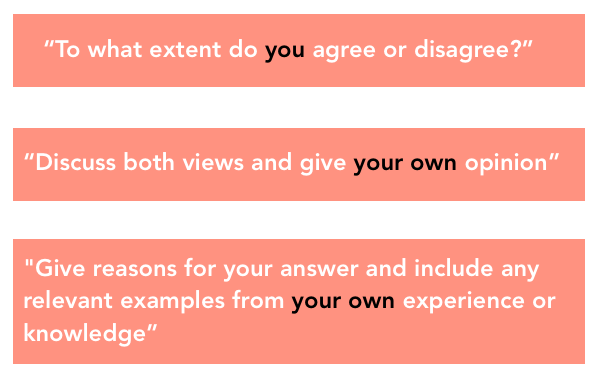If you’re wondering how to write an essay without using personal pronounciation, you’ve come to the right place. While argumentative essays rely on the writer’s personal experience and ideas to convince a reader to agree with your opinion, a third-person singular pronoun can be used instead. When using the third-person singular, make sure to follow it with a reference.
Argumentative essays rely on the writer’s experience and ideas
When writing an argumentative essay, it is important to choose a topic that you are interested in. Choosing a topic that is interesting to you will allow you to explore the topic further and will decrease the amount of work you will have to do to complete the assignment. To narrow down your topic options, write down your interests so you can tailor your research to those interests. For example, you might be interested in hot-button issues in our society, such as the environment or politics. These issues may provide you with material for your argumentative essay.
Argumentative essays use evidence to support the main claim, or thesis, to support the claims made in the essay. This evidence may come from multiple sources, but the thesis should be an assertive statement. The body paragraphs will address specific pieces of evidence that support your main claim. Using examples, the body paragraphs should support your thesis statement and explain why the main claim is important. Argumentative essays usually begin with a hook, which grabs the reader’s attention and leads them to read further.
Evidence of some kind is needed to convince a reader
When writing an essay, evidence of some kind is needed to make a point. In order to convince a reader to follow your argument, you must use evidence in an effective way and lead the reader through the reasoning process. The types of evidence you use in your essay depend on the discipline you are writing in. Literature papers use quotations from literary critics and lab reports use experimental data.
When incorporating evidence into your essay, you must first establish its importance. Anecdotal evidence, for instance, is a type of evidence used as a hook in the introduction. The writer uses a case study or story to illustrate the importance of the claim in the paper. While this type of evidence is weak, it helps to establish a connection between the reader and your thesis.
Alternatives to personal pronouns
In an essay, you can replace “I” with “we” or “the viewer.” You can also substitute “you” with “you” and “your.” But remember: using personal pronouns in the first person is often a sign of possessiveness and not a good idea. It makes your writing sound subjective, and you want to avoid doing that. Use objective language when writing. This will make your essay sound more professional.
Using personal pronouns in essays may seem tempting, but it can create a jarring tone and cause readers to lose interest. Not to mention that it is difficult to cite works in a personal perspective, and citing these works is not always straightforward. Moreover, you run the risk of plagiarism and redundancy if you write in the first person. Moreover, you might also find it difficult to mark your work if it is written in this way.
Putting your claims directly
Putting your claims directly in an essay is one of the most effective strategies to create a compelling argument. It can help you create credibility in an essay by establishing your expertise in the subject matter and adopting an authoritative tone. Avoid using personal pronouns as they tend to weaken your stance. Instead, make use of formal generalizations sparingly and use an authoritative tone.
Students were also asked to identify the use of personal pronouns in their writing. In general, they used first person, while others used the third person, or they omitted the pronoun altogether. Interestingly, the most common personal pronoun used was ‘I’. Aya, Chikasa, and Maki used the first person in 58% of cases. By contrast, Ran did not use any personal pronouns at all.
Avoiding unwanted subject pronouns
Using first-person pronouns is not always appropriate for academic writing. It is best to avoid using these pronouns, as they often convey personal opinions. By avoiding the use of the first-person pronoun, your reader will focus on the topic, not you. It also helps to increase your score for Accuracy and Grammatical Range. Avoid using “I” and “we” in your thesis statement and avoid writing the essay in first-person.
When writing in the first-person, you can use other expressions like “he or she” or “they” to avoid using personal pronouns. Although this style may be more common in informal writing, it is still not acceptable in academic writing. Instead, use contractions such as “you’re,” “we’re,” or even “I’m.”

